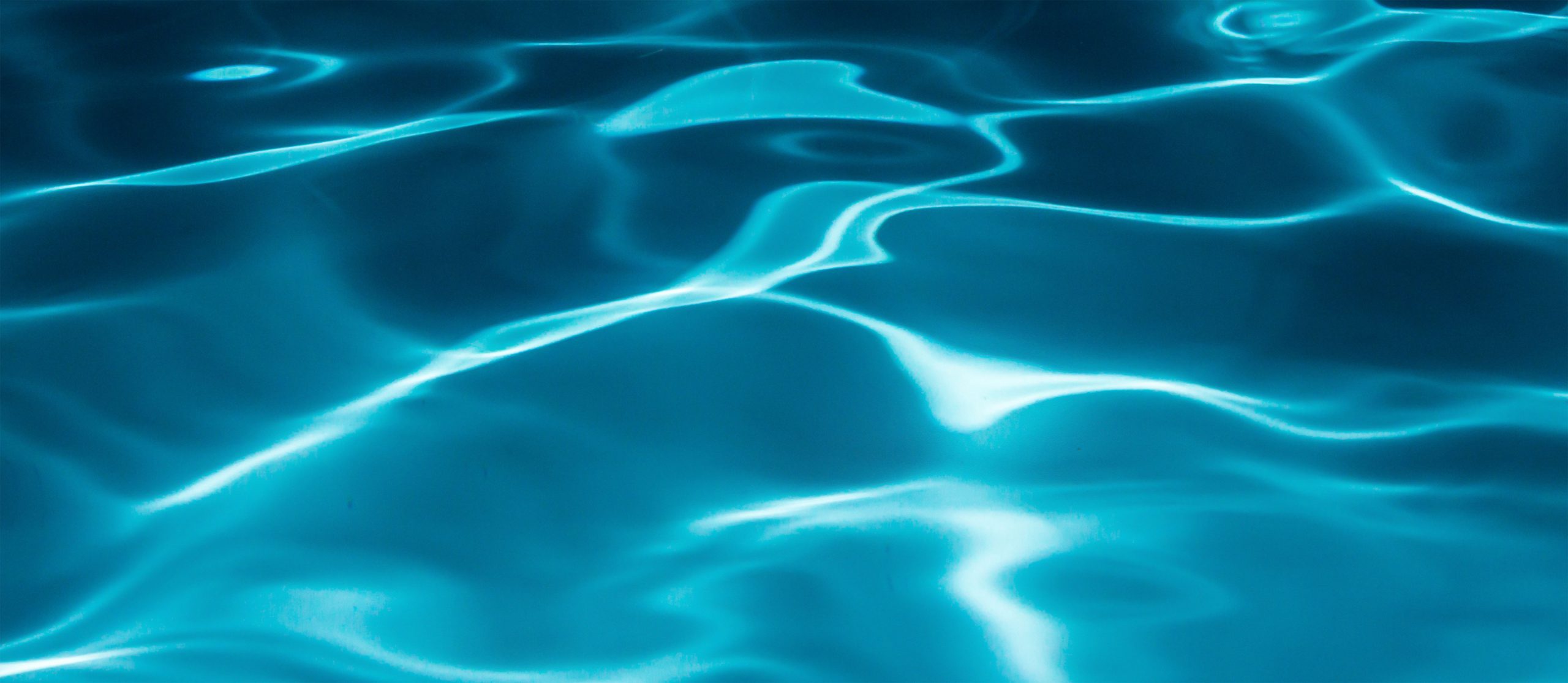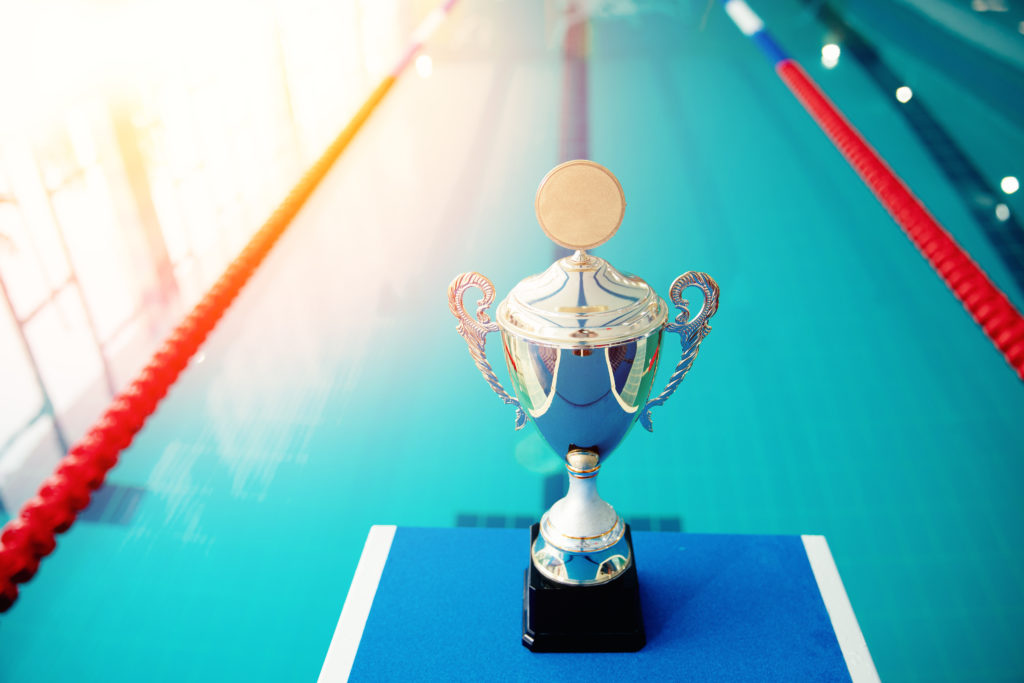8 frequently asked questions about water exercise
- February 11, 2015
- Pool Safety and Health,
Working out in your pool is fun, but technique can be tricky to navigate. You don’t have the resources you’d normally find at the gym, like special equipment and the guidance of fitness instructors. It’s not that you should let that discourage you from exercising at home, you just have to do your research.
Start here with these eight frequently asked questions:
1. What should you wear?
Sue “The Pool Guru,” a water fitness specialist, dished out her advice on dressing for a good water workout. She explained that a bathing suit “keeps all your important assets firmly in place.” Don’t hesitate to throw on a t-shirt over your swimsuit, if that’s what makes you more comfortable. Use your pool workout as an opportunity to wear your favorite chic shades and visor, advised Sue.
2. Should you buy water shoes?
Depending on the type of workout you’re going for, you may need to invest in a pair of solid water shoes. According to the Swim Lane Rope blog, you should wear water shoes for strenuous workouts, such as water aerobics. Find a pair of shoes with rubber soles, foam padding and good ventilation. Although many shoes come in one-size-fits-all styles, opt for shoes that are your exact shoe size, according to the blog.
3. Do you eat before a water workout?
Although people have been saying for years that it’s bad to eat before you go swimming, it’s quite the contrary. You should have a little something in your stomach before any workout because food is your fuel. BBC Good Food explained that swimmers should be sure they’re stocked with the right nutrients without filling up to avoid discomfort. Fill your tummy and get a quick burst of energy by eating: a banana, a cereal bar, energy gels, an isotonic sports drink or a handful of jellied sweets.
4. Do you hit the showers?
Although taking a shower before a workout might seem counterproductive, it’s especially important to still do so when you’re preparing to exercise in the water. Rinsing your skin off before entering the water reduces your chances of making the water dirty, and it can also prevent you from getting ill. You see, recreational waterborne illnesses are transmitted from person to person. Even if you aren’t sick, bacteria and fecal matter from your skin can contaminate the water.
5. Is there special pool workout equipment?
While there are countless types of weights and water accessories that you can purchase to enhance your workout, the only real piece of equipment you need to maintain is your pool. Be sure you have the chemicals balanced on a regular basis, and that all of the pool parts are working and up to date. Call Fort Worth, San Diego or Phoenix pool service professionals if you need any of the aforementioned services.
6. Should you work out alone or in a group?
This is entirely up to you, however, you should never swim by yourself. The American Red Cross advised that you always swim with supervision. Have a friend or family member hang out with you by the pool, even if he or she doesn’t wish to exercise.
7. Do you have to stretch?
It’s understandable why you might not know if you should stretch before getting the pool. Most people don’t typically stretch the hamstrings or quads before swimming, however, exercise is exercise and you’ll want to get your muscles ready as you would at the gym.
8. What about injuries?
Again, working out in the pool is similar to exercising on a treadmill. There are always risks involved, and you can potentially injure yourself. Use caution in the water to reduce your chances of getting hurt.


